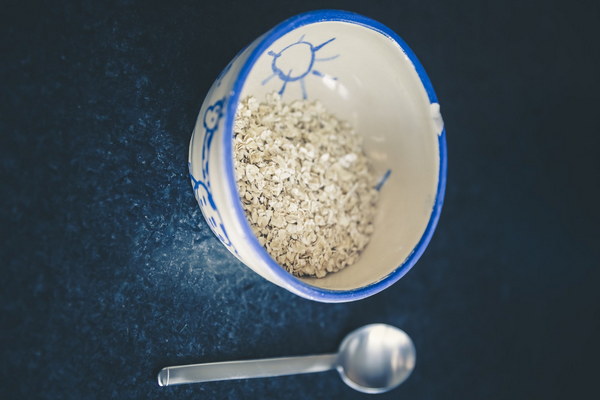Navigating High Cholesterol The Essential Guide to Medications for Cholesterol Management
Introduction:
High cholesterol, often referred to as hyperlipidemia, is a common health concern that can lead to serious cardiovascular diseases if left unmanaged. The good news is that high cholesterol can be effectively managed with medication, lifestyle changes, and regular medical check-ups. In this article, we will explore the various medications available for cholesterol management, their benefits, and how they can help you achieve a healthier heart.
1. Statins: The Gold Standard for Cholesterol Management
Statins are the most commonly prescribed medications for lowering cholesterol levels. They work by inhibiting the enzyme HMG-CoA reductase, which is responsible for producing cholesterol in the liver. Some popular statins include atorvastatin, simvastatin, and lovastatin.
Benefits:
- Statins are highly effective in lowering LDL (bad) cholesterol levels.
- They can also raise HDL (good) cholesterol levels and reduce triglycerides.
- Statins can help prevent heart attacks, strokes, and other cardiovascular events.
2. Bile Acid Sequestrants: Alternative Options for Cholesterol Management
Bile acid sequestrants, such as colesevelam, are another class of medications used to lower cholesterol levels. These drugs work by binding to bile acids in the intestines, which are then excreted in the stool. This process increases the liver's production of cholesterol, which is then removed from the blood.
Benefits:
- Bile acid sequestrants are effective in lowering LDL cholesterol levels.
- They can be used in combination with statins to achieve better cholesterol control.
- Bile acid sequestrants are generally well-tolerated and have a low risk of side effects.
3. PCSK9 Inhibitors: Advanced Cholesterol-Lowering Medications
PCSK9 inhibitors are a relatively new class of cholesterol-lowering medications that have shown remarkable results in reducing LDL cholesterol levels. They work by binding to PCSK9, a protein that degrades LDL receptors on the liver's surface, thereby reducing the liver's ability to remove LDL cholesterol from the blood.
Benefits:
- PCSK9 inhibitors can lower LDL cholesterol levels by up to 60%.
- They are particularly beneficial for patients who do not respond well to statins or require very high doses of statins to achieve desired cholesterol levels.
- PCSK9 inhibitors are available as injections, which can be administered once every two weeks or once a month.
4. Fibrates: Addressing Triglyceride Levels
Fibrates, such as gemfibrozil and fenofibrate, are primarily used to lower triglyceride levels and can also have a modest effect on LDL cholesterol levels. They work by increasing the breakdown of fatty acids in the liver and reducing the production of triglycerides.
Benefits:
- Fibrates are effective in lowering triglyceride levels.
- They can also help prevent pancreatitis, a potentially life-threatening condition caused by high triglyceride levels.
- Fibrates can be used in combination with other cholesterol-lowering medications, such as statins.
5. Cholesterol Absorption Inhibitors: A New Approach to Cholesterol Management
Cholesterol absorption inhibitors, such as ezetimibe, work by reducing the absorption of cholesterol from the diet in the intestines. This, in turn, decreases the amount of cholesterol that the liver produces and is released into the bloodstream.
Benefits:
- Cholesterol absorption inhibitors can lower LDL cholesterol levels.
- They can be used in combination with other cholesterol-lowering medications, such as statins, to achieve better cholesterol control.
- Cholesterol absorption inhibitors are generally well-tolerated and have a low risk of side effects.

Conclusion:
Managing high cholesterol is crucial for maintaining heart health and preventing serious cardiovascular diseases. By understanding the various medications available for cholesterol management, you can work with your healthcare provider to develop a personalized treatment plan that best suits your needs. Remember that medication alone is not enough; lifestyle changes, such as a heart-healthy diet, regular exercise, and smoking cessation, are essential for long-term cholesterol control and overall well-being.









